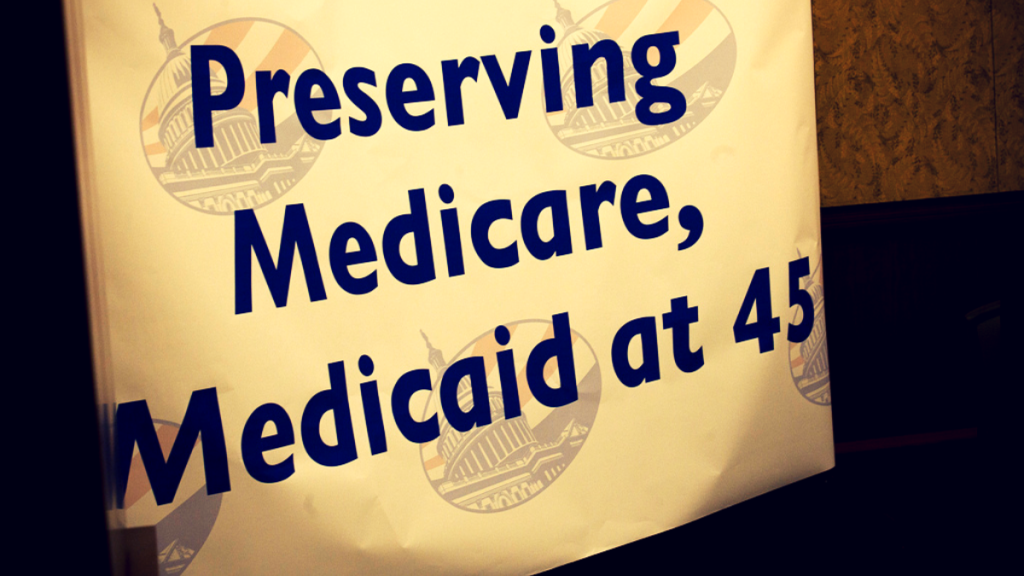The Sunday Washington Post had a long, hagiographic article about Senator Mark Warner’s critique about how capitalism “isn’t working” for the masses and his heroic attempts to fix it that left me thinking I’m in an alternate reality.
The problem he sees is that the growing tendency of people to change jobs throughout their career has left people unprepared for retirement, and that we need to do more to make sure that workers have some sort of safety net to provide them with health care and income in their golden years.
That this was largely addressed decades ago with the introduction of Social Security and Medicare was completely missing from the article. Social Security is an incredibly progressive retirement program that provides everyone with a work history of at least ten years with a decent-sized benefit that doesn’t go up all that much for wealthier people who contributed much more. And Medicare is the largest government program there is, covering hospitalization costs, basic health costs and drug benefits for tens of millions of senior citizens. The government spends about $1.5 trillion each year on these two programs, and they make up the majority of our federal budget. There’s also plenty of evidence that they prevent seniors from indigence: the poverty rate for seniors is well below that of other age groups.
The current Administration also added an expensive entitlement that makes it much easier for people under age 65 who do not receive health insurance to obtain it, along with a healthy subsidy. For a family of four in Washington DC there is still a subsidy for an income of $80,000, which is well above the mean household income, and Medicaid completely covers those who don’t make enough money to buy their own health insurance. What more can we possibly do to make health insurance more affordable for the working poor?
The latest push of the Administration–and one that Senator Warner is leading–is to create some sort of government 401k. The idea is an awful one–the rationale is that since we move around to so many jobs, and since many employees do not provide a retirement plan, the government should do it for them. Earlier this year the Department of Labor made it much easier for the states to set up retirement accounts for their workers that would be administered by the state as an option for workers at firms without a retirement plan.
It is a supremely bad idea. For starters, there is no evidence that a public option is better than a private option, and plenty of data showing the contrary. For instance, the college savings accounts run by the states are no different than what people would get if they went to their local Fidelity or Vanguard office and opened their account, save for the fact that the latter would not come with a tax break, and the money in the government account has a sharply higher management fee than are found in the private funds. The Department of Labor just spent a year trying to drive down management fees in retirement accounts and they’re embarking on a new plan that would invariably create millions of accounts with higher management fees than they could get elsewhere.
Until recently liberals were in full defense of defined benefit pensions despite the fact that they disadvantaged people who had shorter job tenure and were more likely to change jobs, both of which tend to be truer for women than men. That they realize these don’t work in today’s economy is gratifying, but their insistence that the government create a vehicle to replace it is nonsensical.
If we want to nudge people to get a retirement account, we can do that without the state of Massachusetts inserting itself as a middleman. And politicians should stop pretending that there’s a senior citizen poverty crisis, no matter how flattering the Post may treat such efforts.
This piece was originally published at Cato at Liberty.



